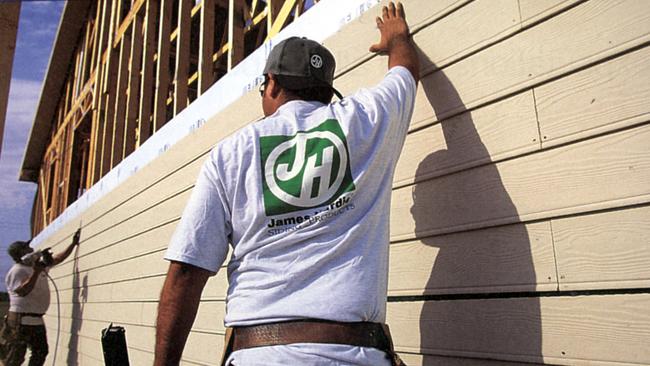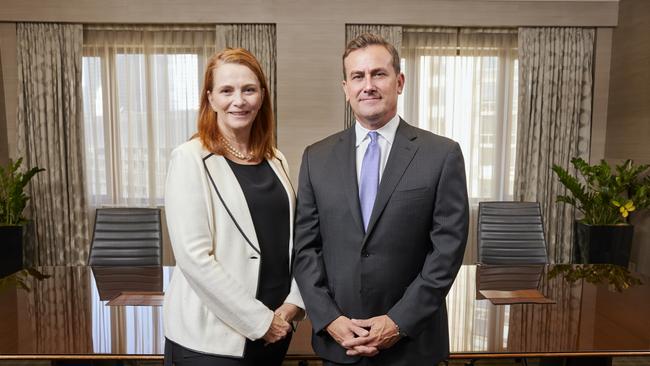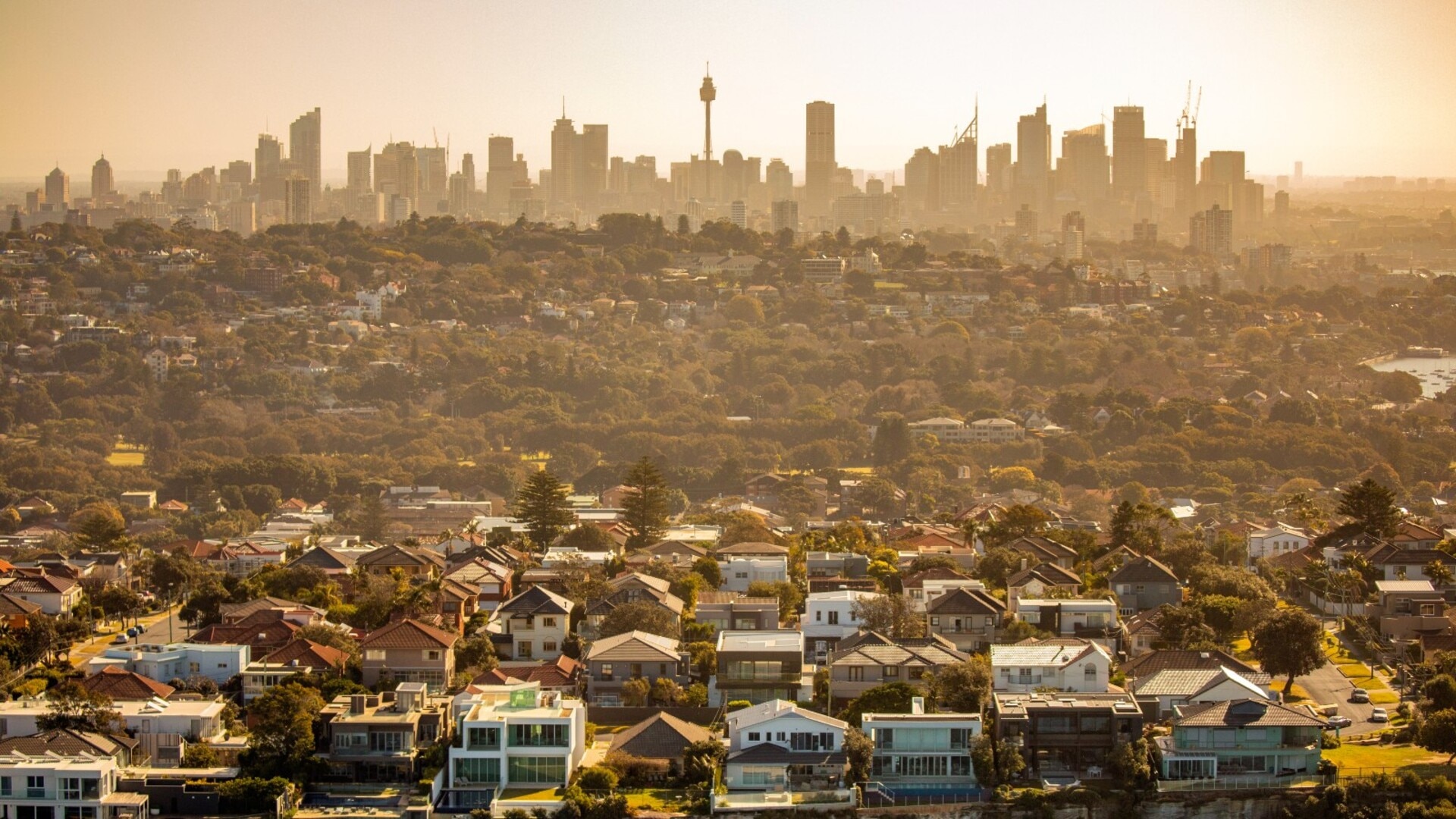James Hardie reaffirms guidance as it signs key deal with US mega builder David Weekley Homes
Facing headwinds in Australia, James Hardie bets on US growth and material conversion strategies to drive future earnings as it watches for US tariffs.

James Hardie Industries has reaffirmed its full-year earnings guidance despite concerns over potential US-Europe trade tariffs and ongoing weakness in the Australian housing market.
The dual-listed company secured a six-year exclusive deal with David Weekley Homes, one of the US’s largest privately held home builders. The agreement positions James Hardie’s fibre cement products as the preferred choice in the single-family housing market.
The company maintained both its second half and full fiscal year guidance across each of its main operating metrics after releasing its third-quarter results. It cited strong demand across key markets and cost management initiatives.
Chief executive Aaron Erter warned that global trade tensions, particularly potential tariffs under a second Trump administration, remain a key risk factor.
“We continue to monitor the evolving trade landscape closely, particularly any potential tariffs that could affect our European supply chain,” Mr Erter said. “At this stage, we do not expect any material impact in the near term.”

James Hardie, which relocated outside of Australia at the start of the century to focus on markets in Europe and the US, faces ongoing challenges in its home country. High interest rates and cost pressures continue to weigh on residential construction activity.
Despite the difficult environment, Mr Erter said James Hardie remained confident in long-term market fundamentals, particularly in the renovation and new home construction sectors. The company reiterated its outlook even as cost pressures affect demand and after the Reserve Bank cut interest rates for the first time in over four years on Tuesday.
“Our market demand expectations have not changed, but neither has our commitment to outperforming our end markets and managing the business decisively to sustain our peer-leading profitability,” he said.
James Hardie acknowledged the challenges of higher interest rates and weaker construction activity, particularly in multi-family housing. However, it emphasised that long-term fundamentals remain strong. The company is prioritising cost discipline, pricing strategies, and investment in growth areas such as home renovation and material conversion.
Sales of plasterboard, cladding, and interior wall products make up most of the Asia-Pacific business, where sales fell 13 per cent in US dollar terms, with volumes down 28 per cent. However, price increases helped offset some of the impact, and margins “rose modestly” in the December quarter in Australia and New Zealand.
In Australia, James Hardie aims to navigate the downturn by focusing on price increases and cost efficiencies. Its strategy hinges on securing more exclusive agreements with major builders.
The deal with David Weekley Homes ensures James Hardie’s fibre cement products remain the preferred choice for siding and trim across the builder’s projects. The agreement reinforces James Hardie’s position as a key supplier in the high-growth single-family housing sector.

“We are continuing to gain significant market share with home builders in North America. We now supply around 80 per cent of all hard siding to home builders doing more than 100 homes per year, and those home builders are talking about they’re going to grow in calendar year 2025,” Mr Erter said. “We continue to invest in our alliance program, which we’re adding more and more contractors day after day.”
For the three months ended December 31, net profit after tax fell 15 per cent to $US154m, while sales dropped 3 per cent to $US953m. Part of the decline stemmed from James Hardie’s decision to exit manufacturing in the Philippines.
RBC Capital Markets analyst Matthew McKellar said James Hardie’s results were slightly ahead of consensus and aligned with the company’s outlook for the new fiscal year.
The North American business, which accounts for most of James Hardie’s revenue, recorded a 1 per cent decline in sales due to weakness in multi-family housing. However, this was partially offset by growth in single-family new construction and renovations. Globally, the company remains focused on price increases and cost reductions to mitigate volume declines.
James Hardie repurchased $US150m worth of shares in the nine months to December 31, with another $US300m allocated for buybacks through October 2025.
Shares in James Hardie rose 3.2 per cent to close at $51.97 on Wednesday.




To join the conversation, please log in. Don't have an account? Register
Join the conversation, you are commenting as Logout